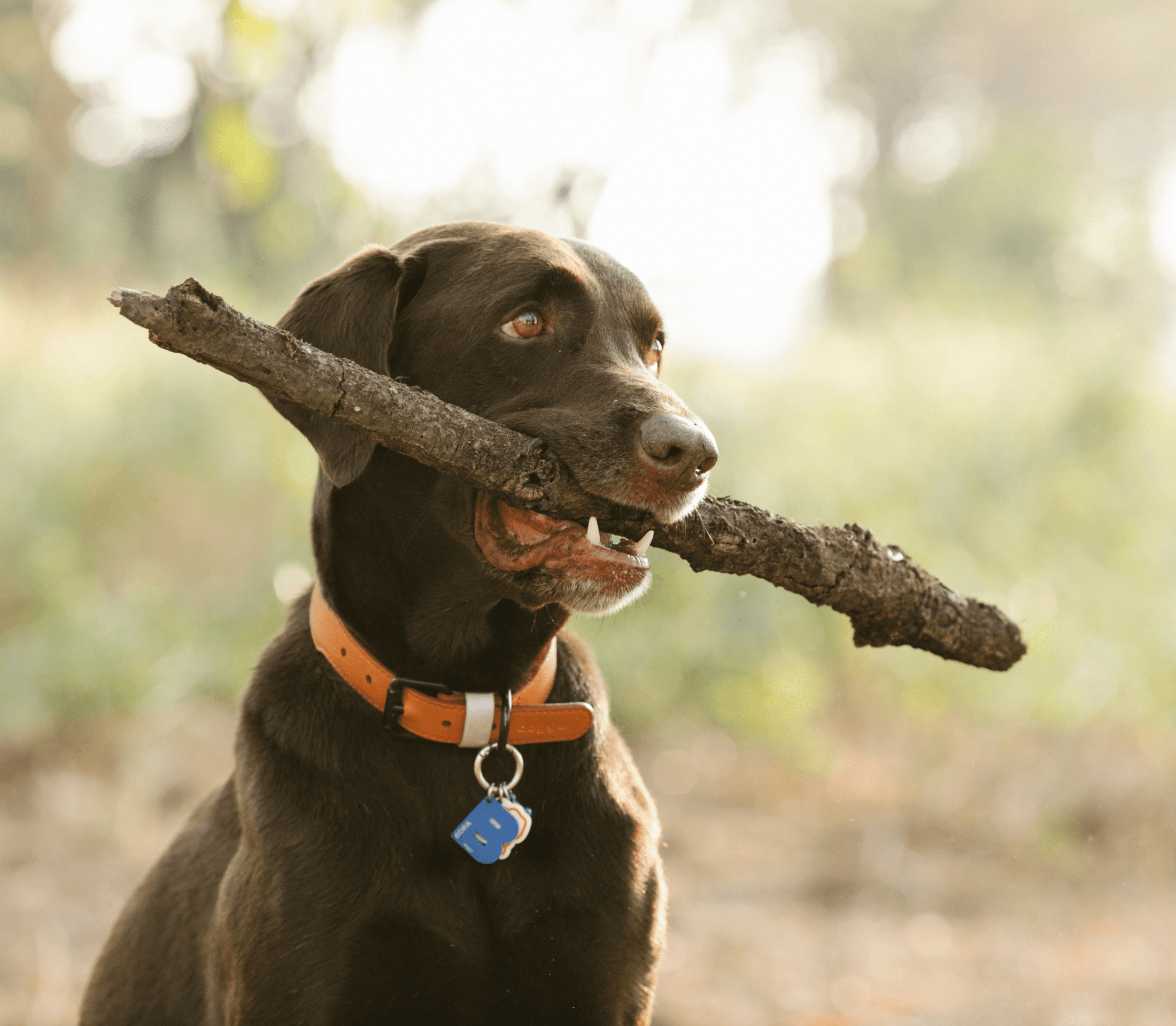Keeping Your Dog’s Teeth Healthy
Did you know that dogs can develop many different dental issues? Just like people, our canine buddies can be afflicted with gum disease; abscesses; chipped, cracked, or broken teeth; misalignments; and other dental problems. Keeping Fido’s choppers healthy is very important! A Washington DC vet offers tips on how to do that in this article.
Exams
Dogs should have their teeth examined by vets at least once a year, starting at age one. In between appointments, watch for signs of doggy dental woes. Some common ones include bad breath; visible tartar buildup; swelling; blood on your pup’s toys or bowls; and ropy or bloody drool. Dental problems can also cause your pet to go off his food: Fido may eat more slowly, chew on one side of his mouth, or start preferring soft foods. Other red flags include shying, grumpiness, and a lack of interest in play. Call your vet immediately if your pooch has any of these symptoms.
Brushing
The best thing you can do to take care of your pup’s teeth is to brush them. It may take a while to get Fido on board with the idea, so start slow. At first, just rub your dog’s teeth and gums with your finger. Offer your furry buddy treats and praise after, to help him form a good impression. Then, add doggy toothpaste and, finally, a pet toothbrush. You don’t have to do your canine pal’s entire mouth every day. Just do a few teeth at a time, and keep rotating.
Water
Water is of course crucial to your pet’s health. However, making sure your canine friend always has plenty of fresh H2O is also great for his teeth. Set out more than one water station, or get Fido an automated waterer.
Dental Products
There are now quite a few products that can make it easier for you to care for your dog’s teeth. Dental-formula treats, chews, and kibble all help fight plaque and tartar. (Tip: try putting doggy toothpaste on a dental chew.) Oral rinses may also be beneficial. Ask your vet for more information.
Chew Toys
Chewing is not only fun for Fido: it’s also great for his teeth! Make sure your pooch always has lots of suitable chew toys to gnaw on.
Please contact us, your Washington DC vet clinic, for all of your pet’s veterinary care needs. We’re here to help!



